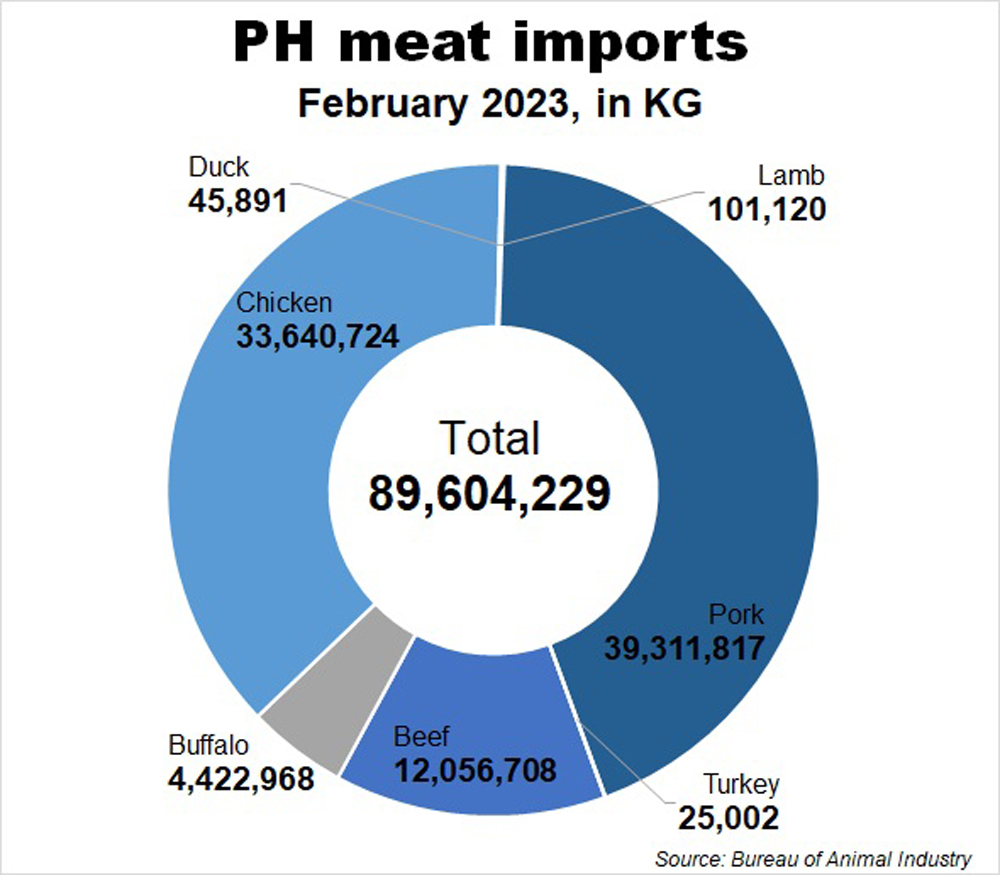Three in four sari-sari stores in the Philippines are owned by women, a study conducted by Packworks, in partnership with Fourth Wall.
The report also said only 20 percent, are male-dominated, and 5%, are unknown.
Sari-sari stores are small retail shops commonly found in residential areas across the Philippines, selling a wide range of consumer goods, from food and beverages to household items.
Andres Montiel, Pacworks’ head of Data, said the high percentage of sari-sari store ownership by women shows that Filipinas virtually control much of the local economy.
About 70 percent of manufactured goods are transacted in sari-sari stores.
According to Fourth Wall’s Research Director, John Brylle Bae, the primary reason for women’s domination of sari-sari stores lies in the very origin and nature of sari-sari stores themselves.
“Families set up sari-sari stores to augment the resources of the household. Thus, sari-sari stores are always intertwined with the needs of the home. In the Filipino context, the role of the mother is to manage the home, including addressing and managing the household’s needs.”
Bae said women in the Philippines have been associated with managing the household since the colonial era, and this role extends to sari-sari stores. Spanish colonization and the Western cultural influences that followed redefined the role of women from powerful religious-political figures in the community to nurturers of the home.
The data from Pacworks’ Sari IQ and the analysis from Fourth Wall provide insights into the significant role of women in the grassroots economy of the Philippines. The implications of this data highlight the importance of empowering women to participate fully in the country’s economic growth.





